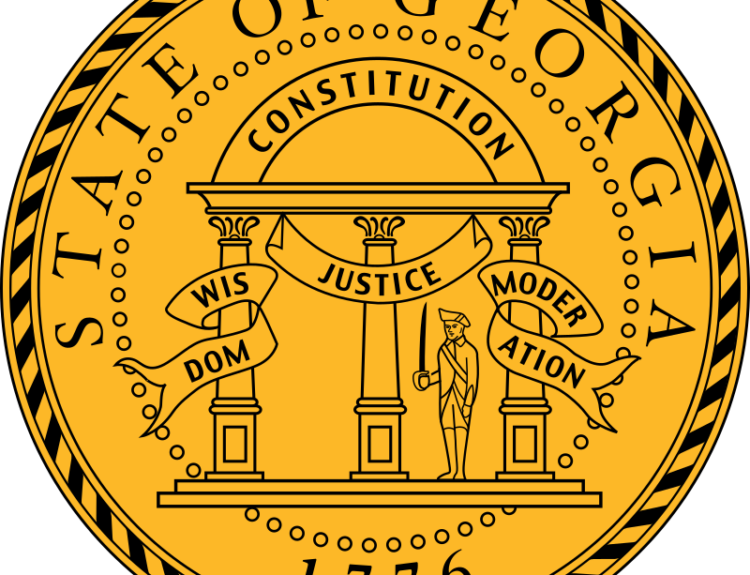Government seeks economic feelgood factor amidst lagging poll numbers
- Britain’s Conservative government announces tax cuts to boost electoral chances
- Treasury chief Jeremy Hunt claims the economy has turned a corner
- Tax cuts include a reduction in national insurance and increases in minimum wage, pensions, and benefits
- The government aims to unlock £20 billion worth of investment to boost productivity
- Despite tax cuts, the overall tax burden is expected to rise to its highest level since World War II
- Experts warn that the government has limited room for further giveaways before the election
Britain’s Conservative government has unveiled a series of tax cuts in an effort to improve its chances in the upcoming national election. Treasury chief Jeremy Hunt claims that the British economy has turned a corner, allowing for the largest set of tax cuts since the 1980s. The tax cuts include a reduction in national insurance, increases in the minimum wage, pensions, and benefits, and measures to boost productivity and investment. However, despite the tax cuts, the overall tax burden is expected to rise to its highest level since World War II. Experts warn that the government has limited room for further giveaways before the election, as economic growth remains muted and inflation is set to remain high. The opposition Labour Party has criticized the tax cuts as a desperate attempt to cling onto power.
Factuality Level: 7
Factuality Justification: The article provides information about the Conservative government’s tax cuts and their potential impact on the upcoming national election. It includes quotes from Treasury chief Jeremy Hunt and Prime Minister Rishi Sunak. The article also mentions opinion polls and economic forecasts. However, there is a lack of specific data or sources to support some of the claims made in the article.
Noise Level: 3
Noise Justification: The article provides information on tax cuts proposed by the Conservative government in the UK and their potential impact on the upcoming national election. However, the article lacks depth and analysis, and it does not provide evidence or data to support its claims. It also does not explore the consequences of the tax cuts on different groups of people or hold the government accountable for its decisions. Overall, the article contains some relevant information but lacks rigor and actionable insights.
Financial Relevance: Yes
Financial Markets Impacted: The tax cuts announced by the British government may have an impact on businesses and individuals in the country.
Presence Of Extreme Event: No
Nature Of Extreme Event: No
Impact Rating Of The Extreme Event: No
Rating Justification: The article discusses tax cuts announced by the British government, which can have financial implications for businesses and individuals. However, there is no mention of any extreme event.
Public Companies: Conservative Party (null), Labour Party (null)
Key People: Jeremy Hunt (Treasury chief), Rishi Sunak (Prime Minister), Gemma Tetlow (Chief economist at the Institute for Government), Liz Truss (Former Prime Minister), Rachel Reeves (Labour’s economic spokesperson)
 www.marketwatch.com
www.marketwatch.com 





